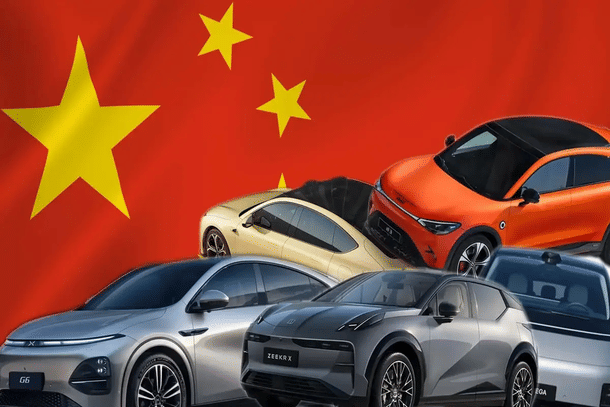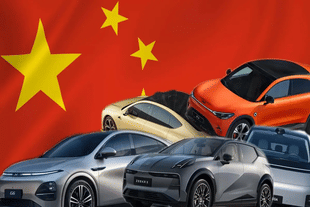News Brief
China's Export Growth Slows Down In November Amid Trump's Tariff Threats And EV Disputes With European Union
Nishtha Anushree
Dec 10, 2024, 01:51 PM | Updated 01:51 PM IST
Save & read from anywhere!
Bookmark stories for easy access on any device or the Swarajya app.


In November, the growth rate of China's exports was slower compared to the previous month, and surprisingly, imports decreased, Indian Express reported. This is a concerning indicator for the world's second-largest economy, especially as the impending return of Donald Trump to the White House presents new trade uncertainties.
President-elect of the United States (US), Trump, has committed to imposing an extra 10 per cent tariff on goods from China. This move is intended to compel Beijing to take more stringent measures to halt the illegal trade of chemicals used in the production of Fentanyl.
The incoming president has previously stated his intention to implement tariffs on Chinese products, exceeding 60 per cent. At the same time, unresolved disputes with the European Union regarding tariffs as high as 45.3 per cent on electric vehicles made in China pose the risk of initiating another battlefront in Beijing's trade conflict with the West.
Customs data revealed on Tuesday that outbound shipments from the globe's second-largest economy saw a 6.7 per cent year-on-year growth last month. This figure fell short of the 8.5 per cent increase predicted by a Reuters survey of economists, as well as the 12.7 per cent surge observed in October.
The decrease in imports was 3.9 per cent, contrary to the anticipated 0.3 per cent growth and a decrease of 2.3 per cent in October. Last month, China's trade surplus expanded to $97.44 billion, an increase from October's $95.72 billion.
The momentum of exports had previously been a glimmer of hope for an economy in distress, with the confidence of both households and businesses being damaged by a long-standing crisis in the property market.
Recent economic indicators have shown some positive signs, with manufacturers noting the most favorable business conditions in seven months as of November, according to a factory survey.
Companies reported a continued decrease in export orders, indicating that finding buyers in a decelerating global economy remains challenging. Simultaneously, exporters are transferring inventory to overseas warehouses in the expectation of a resurgence in demand.
In November, South Korea's exports, which are a key predictor of China's imports, experienced a slowdown to their lowest level in 14 months.
For the first time in eight months, there was a reduction in shipments heading to China, indicating a decrease in the purchase of Korean components by Chinese manufacturers for use in the production of finished electronic goods.
Advisors to the Chinese government are advocating for a robust fiscal stimulus to lessen the effects of anticipated US tariff increases on the nation's exports. They are also urging Beijing to uphold an economic growth goal of approximately 5.0 per cent for the forthcoming year.
This week, key decision-makers are anticipated to convene to establish their objectives for the upcoming year. The Politburo's new policy assistance to local administrations and the real estate industry will be closely watched by investors.
Nishtha Anushree is Senior Sub-editor at Swarajya. She tweets at @nishthaanushree.





